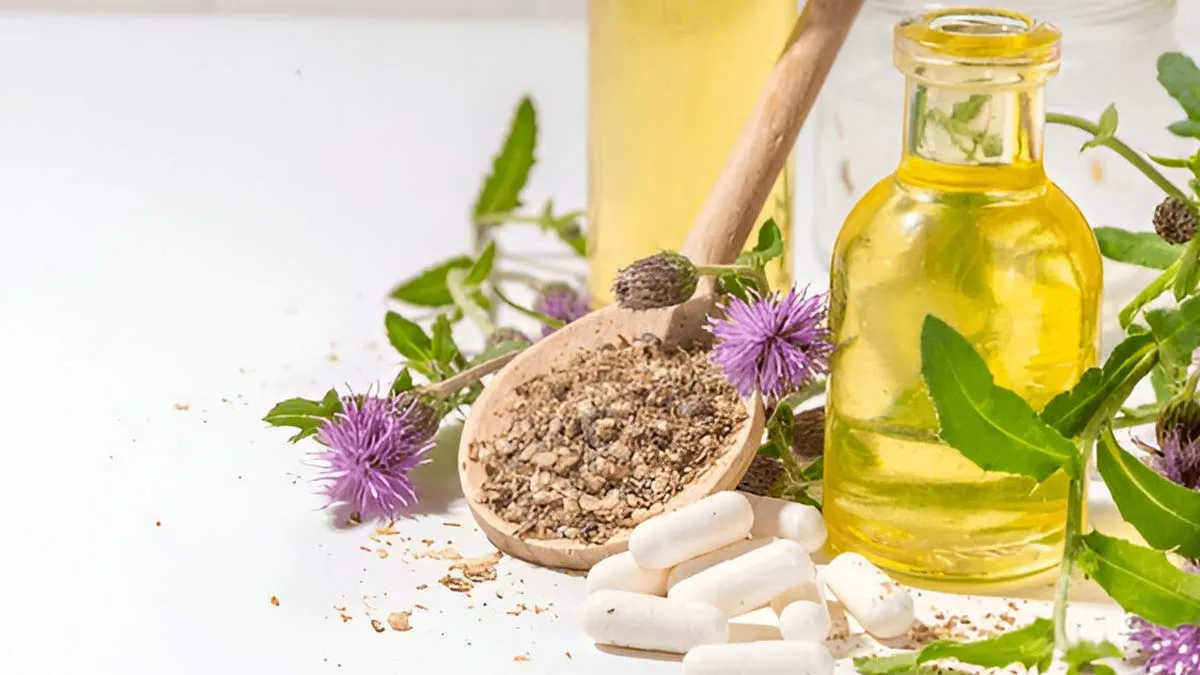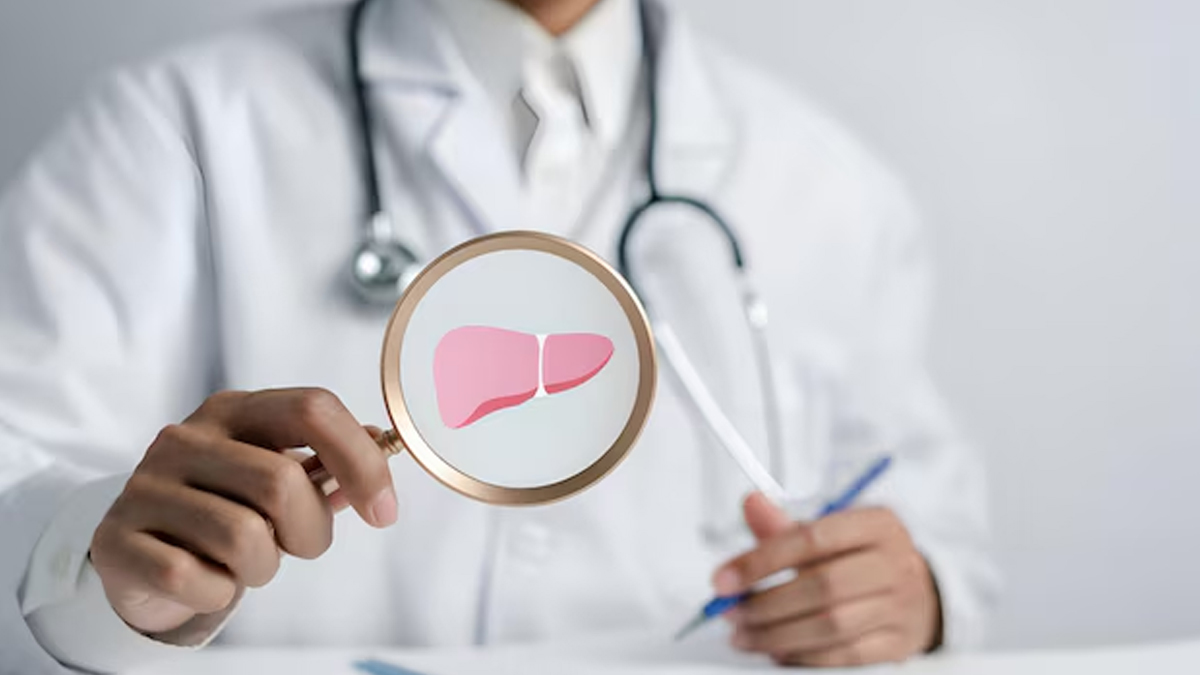
Are you looking for a natural way to support your liver health? Many people are turning to milk thistle, a herbal remedy that's been around for centuries. Scientifically known as Silybum marianum, its key active component, silymarin, has been touted for centuries for its liver-protective benefits. But does it really work? With so many conflicting opinions and studies out there, it's hard to know what to believe. Let's take a closer look at the science behind milk thistle's benefits and see if it's worth adding to your wellness routine.
Table of Content:-
Milk Thistle For Liver Health
1. What Science Says: Conflicting but Intriguing

A Cochrane review of 18 randomised trials (1,000 patients with alcoholic liver disease or viral hepatitis B/C) found no significant influence on all-cause mortality, liver disease complications, or histology. Although there was some decrease in liver-related deaths overall, this did not occur in better-quality trials—pointing to the potential for improved studies.
Similarly, an earlier systematic review of 14 trials (433 participants) concluded that milk thistle does not significantly enhance mortality, histological results, or major liver enzymes, except for a small lowering of ALT levels of questionable clinical relevance.
Also Read: Can Supplements Cause Liver Failure? What You Need To Know Before Your Next Dose
2. Promising Mechanisms: What Lab and Animal Models Reveal
Milk thistle's bioactive compounds, particularly silybin, have been the subject of thorough research in animals and lab models, with some promising mechanisms being revealed:
- Antioxidant activity: Silymarin decreases free radical injury, increases glutathione levels, and enhances antioxidant enzyme activity in liver cells.
- Anti-inflammatory activity: It suppresses inflammatory pathways through inhibition of COX-2 and NF-κB, and induction of anti-inflammatory cytokines, such as IL-10.
- Antifibrotic activity: Silybin inhibits pathways to scarring of the liver
- Toxin protection: In animal models, silymarin protects against liver injury due to acetaminophen, alcohol, radiation, and even toxic mushrooms.
These mechanisms are compelling, but human clinical evidence remains weak.
3. Human Studies: Mixed Contexts, Mixed Results
- In nonalcoholic fatty liver disease (NAFLD), a form of the more extensive metabolic-associated steatotic liver disease (MASLD), some clinical evidence indicates silymarin can decrease insulin resistance and fasting insulin, and decrease liver enzymes.
- A mouse model of NASH (nonalcoholic steatohepatitis) found that high-dose milk thistle decreased liver weight and steatosis activity—suggesting possible anti-fat accumulation effects.
- In paediatric oncology, a small double-blind trial of children experiencing hepatic toxicity on leukemia treatment reported reduced AST at day 56 (and a trend reduction in ALT). Milk thistle did not impair the effectiveness of chemotherapy.
These findings offer reasons for hope, but remain preliminary and context-specific.
4. Safety Profile and Cautions
Overall, milk thistle is considered safe.Side effects are mild, such as upset stomach, headache, and skin rash, and occur no more often than with a placebo.
However, caution is still needed:
- A reputable advisory notes that evidence on efficacy is conflicting, and potential interactions exist with medications like warfarin, sedatives, immunosuppressants, or antidiabetics.
- Since supplements are not strictly regulated, product quality can vary. Third-party testing (e.g., NSF, ConsumerLab) is key.
Bottomline
Milk thistle's active constituent, silymarin, provides scientifically supported antioxidant, anti-inflammatory, and antifibrotic effects in in vitro and animal studies. However, with humans, actual benefits remain uncertain and restricted by compromised study quality and unstandardised data. Consult with your healthcare expert before adding it to your diet to avoid any complications.
Also watch this video
How we keep this article up to date:
We work with experts and keep a close eye on the latest in health and wellness. Whenever there is a new research or helpful information, we update our articles with accurate and useful advice.
Current Version
Sep 19, 2025 20:43 IST
Published By : Sushmita Sharma